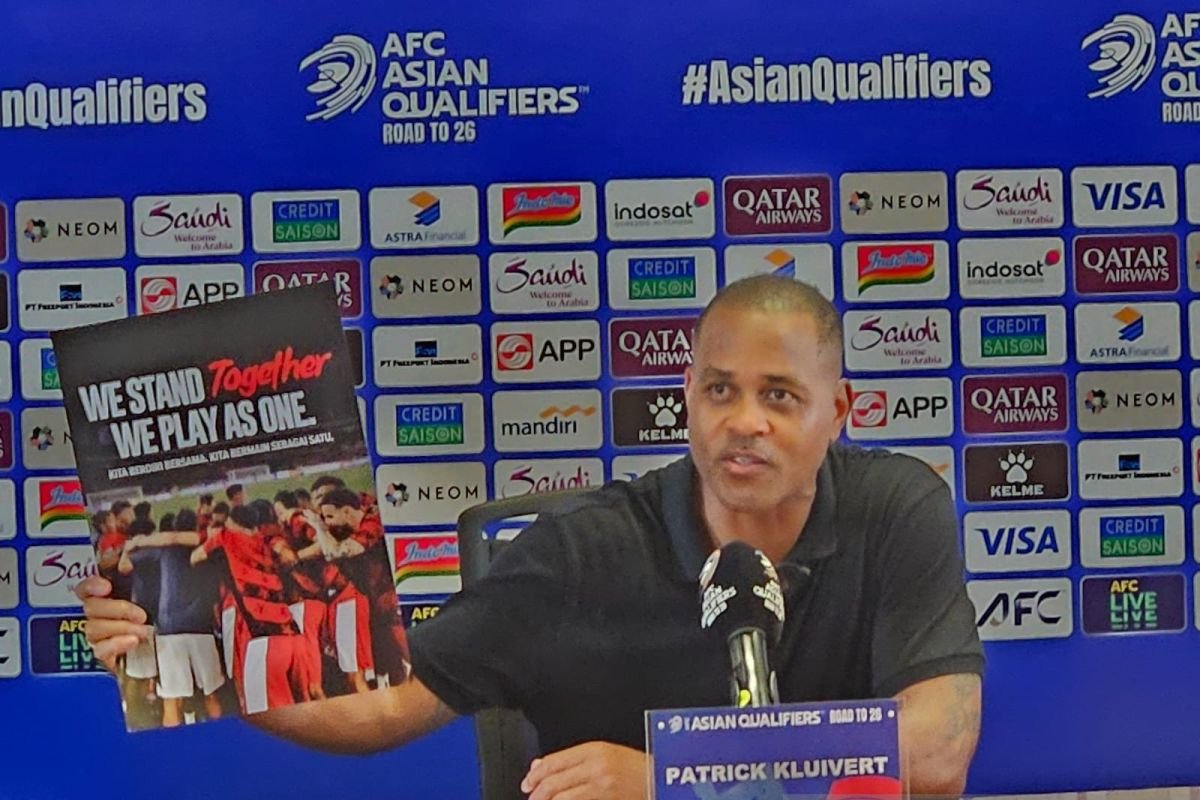Prabowo Subianto Inaugurates 17 FIFA-Standard Stadiums in Indonesia: A New Era for Sports and Tourism
In a landmark event for Indonesian sports, Defense Minister and presidential hopeful Prabowo Subianto inaugurated 17 FIFA-standard stadiums across the archipelago, marking a significant step towards enhancing the country’s sports infrastructure. This ambitious initiative aims not only to elevate the standard of football but also to boost tourism and local economies, showcasing Indonesia as a rising star in the regional sporting landscape.
A Vision for the Future
The inauguration ceremony, held in Jakarta, saw a gathering of prominent figures from the political, sports, and entertainment sectors. In his address, Prabowo emphasized the government’s commitment to building world-class facilities that cater to athletes’ needs and create opportunities for international events. “These stadiums represent our dedication to fostering a culture of sports and healthy living among our youth,” he stated, describing the facilities as a crucial investment in Indonesia’s future.
FIFA Standards: What It Means for Indonesia
The FIFA-standard stadiums are designed to meet international benchmarks for quality and safety, providing state-of-the-art facilities equipped with modern amenities for players, officials, and fans alike. Each stadium will feature training grounds, locker rooms, and spectator areas capable of hosting thousands of spectators. Notably, the investment in these infrastructures signals Indonesia’s aspiration to become a prime destination for global sporting events.
This initiative aligns with FIFA’s vision of promoting football worldwide. By adhering to these standards, Indonesia not only enhances its domestic leagues but also positions itself favorably for bids to host international tournaments, such as the FIFA World Cup or the AFC Asian Cup.
Regional Development and Economic Impact
The construction and subsequent operation of these stadiums are expected to have substantial economic implications. Local economies stand to benefit significantly from increased tourism and job creation, as the venues will be sites not just for football matches but also for concerts, community events, and various sports competitions. Prabowo highlighted that the projects would provide thousands of jobs during construction and beyond, contributing to the nation’s post-pandemic recovery.
Moreover, the stadiums are strategically located in various provinces, promoting sports development beyond urban centers and encouraging talent from all corners of the nation. This decentralization of sports infrastructure is aimed at building a more inclusive sporting culture that celebrates Indonesia’s diverse regions.
Enhancing Local Talent and Promoting Sports
One of the main objectives of this initiative is to nurture local talent. With modern training facilities, young athletes will have access to high-quality coaching, nutrition, and support systems that can help them rise to the professional level. Prabowo emphasized the importance of grassroots sports programs, stating, “It is essential that we not only build stadiums but also foster a vibrant sports culture that inspires our youth to pursue their dreams.”
Community Engagement: The People’s Stadium
The government plans to involve local communities in the management and operation of the stadiums, ensuring that they serve as multifunctional spaces for events, recreational activities, and community gatherings. This approach aims to create a sense of ownership among the residents and encourage them to engage in sports and physical activities.
A Sustainable Future
In line with global trends towards sustainability, the construction of these FIFA-standard stadiums will incorporate eco-friendly practices and technologies. From water conservation measures to renewable energy sources, Prabowo has committed to ensuring that these structures not only serve sporting needs but also contribute positively to the environment.
Looking Ahead
As Indonesia stands on the brink of a new era in sports, the inauguration of the 17 FIFA-standard stadiums heralds a period rich with opportunities. With strong government backing and community involvement, the future of Indonesian sports looks promising. As Prabowo Subianto moves forward in his political career, this initiative could become a defining pillar of his legacy, showcasing his dedication to sports, education, and the overall betterment of Indonesian society.
In conclusion, the inauguration of these stadiums represents more than just infrastructure; it embodies the dreams of millions of Indonesians eager to embrace a vibrant sporting culture that can inspire unity, excellence, and pride across the nation.









